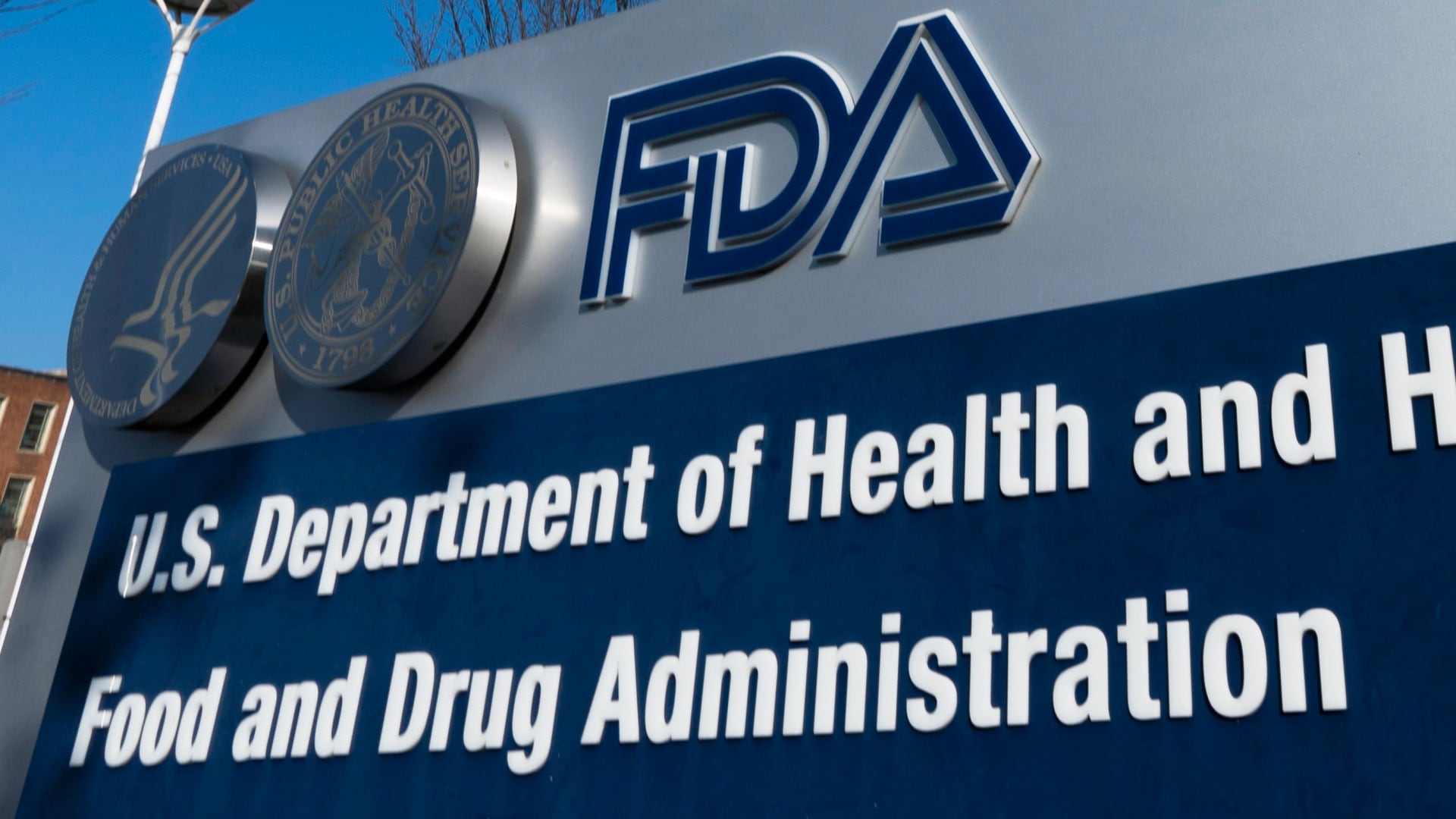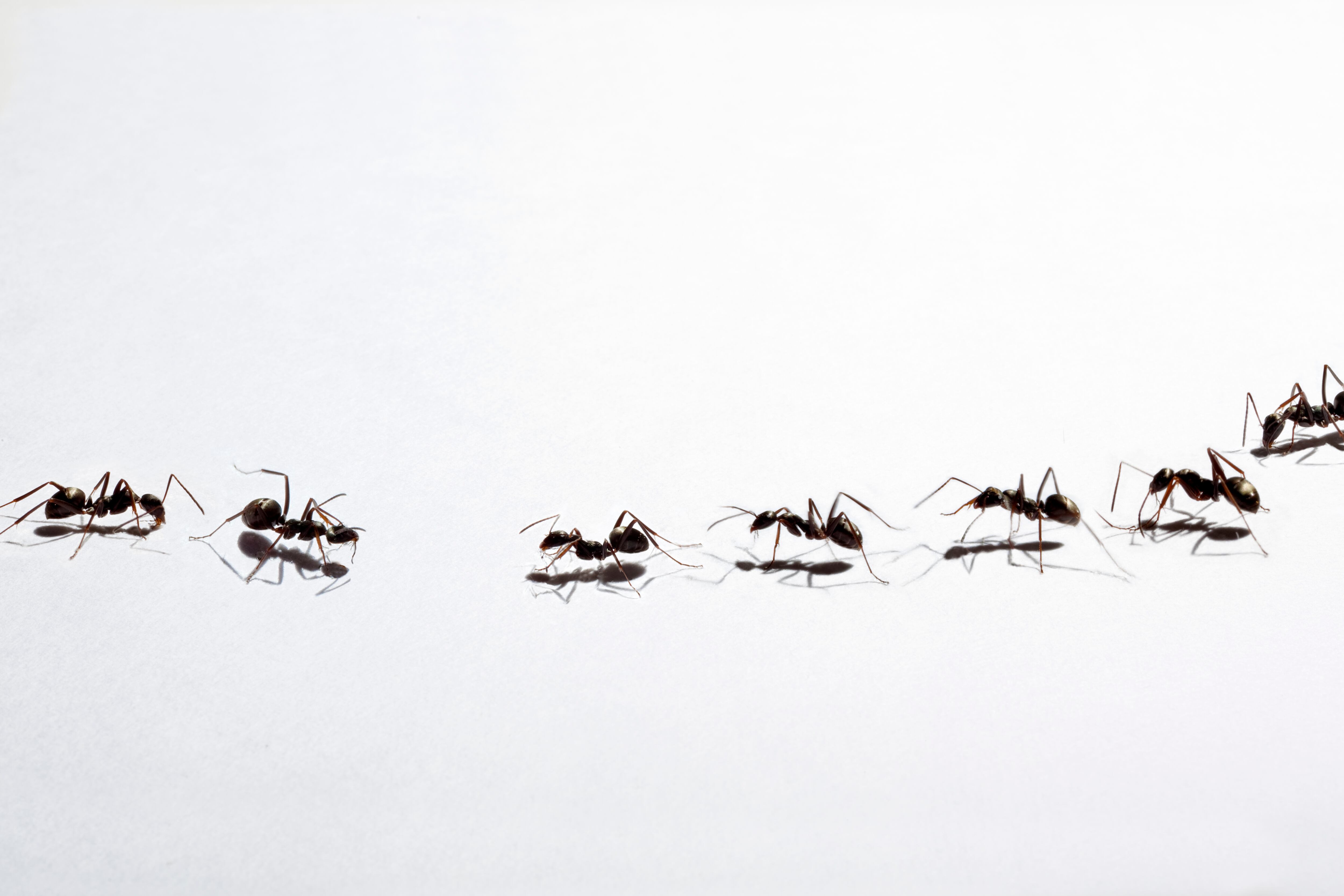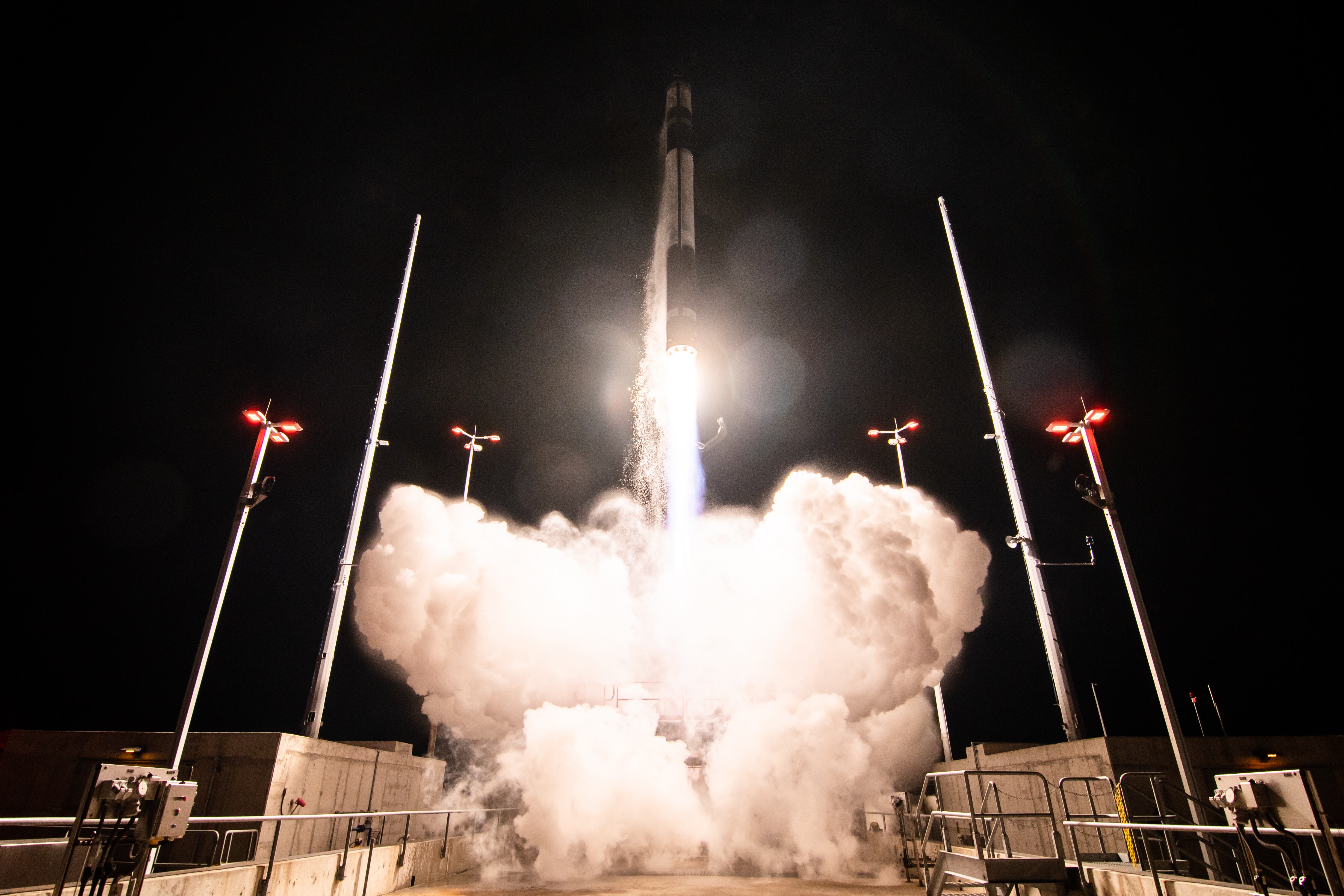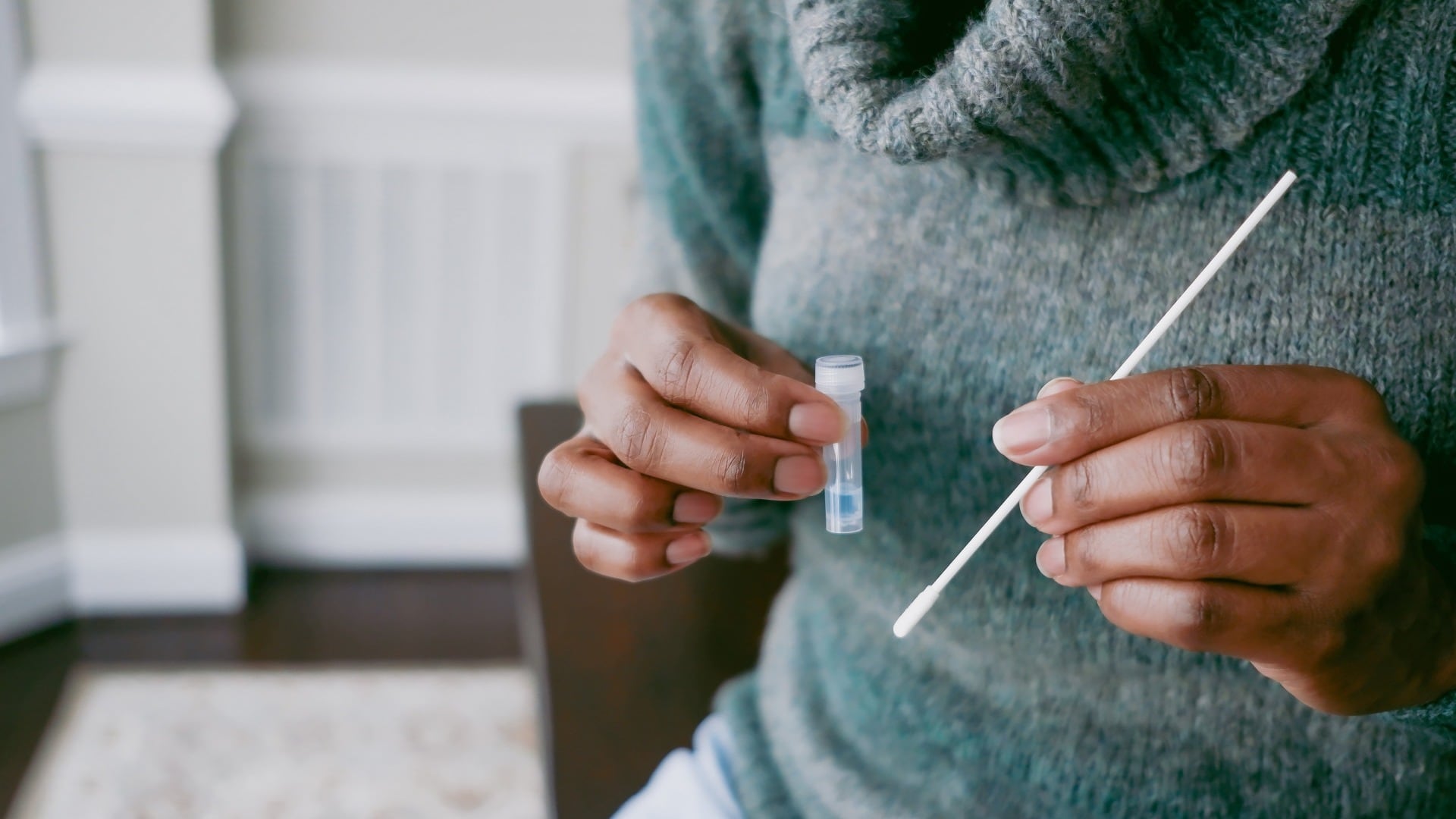By Marcia Dunn
NASA’s newest X-ray observatory rocketed into orbit Thursday to shed light on exploded stars, black holes and other violent high-energy events unfolding in the universe.
SpaceX launched the spacecraft on its $188 million mission from Kennedy Space Center. It’s called IXPE, short for Imaging X-ray Polarization Explorer.
Scientists said the observatory — actually three telescopes in one — will unveil the most dramatic and extreme parts of the universe as never before.
“IXPE is going to open a new window on the X-ray sky,” Brian Ramsey, NASA's deputy principal scientist, said this week.
Operations should begin next month. NASA is partnering with the Italian Space Agency on the project.
The Food and Drug Administration is meeting on Thursday to plan a long-term strategy for Covid-19.
A study shows ants could be key to detecting human cancer.
GenBioPro, an abortion pill maker, is suing West Virginia over its abortion ban.
A surge in COVID-19 infections overseas in places like China has prompted the U.S. Centers for Disease and Control to consider testing airplane wastewater for the virus.
A new study shows that ants may be able to detect human cancer with their highly-developed sense of smell.
Rocket Lab launched its Electron rocket for its first liftoff from U.S. soil.
New guidance, proposed by the Food and Drug Administration (FDA), seeks to limit levels of the dangerous heavy metal lead in food for babies and toddlers.
Pope Francis, in an interview with the Associated Press, said being gay is not a crime but called it "a sin."
The Centers for Disease Control and Prevention is shaking up its internal structure, due in part to the criticism over its pandemic response.
The Food and Drug Administration released draft guidance that limits the amount of lead allowed in baby food.










